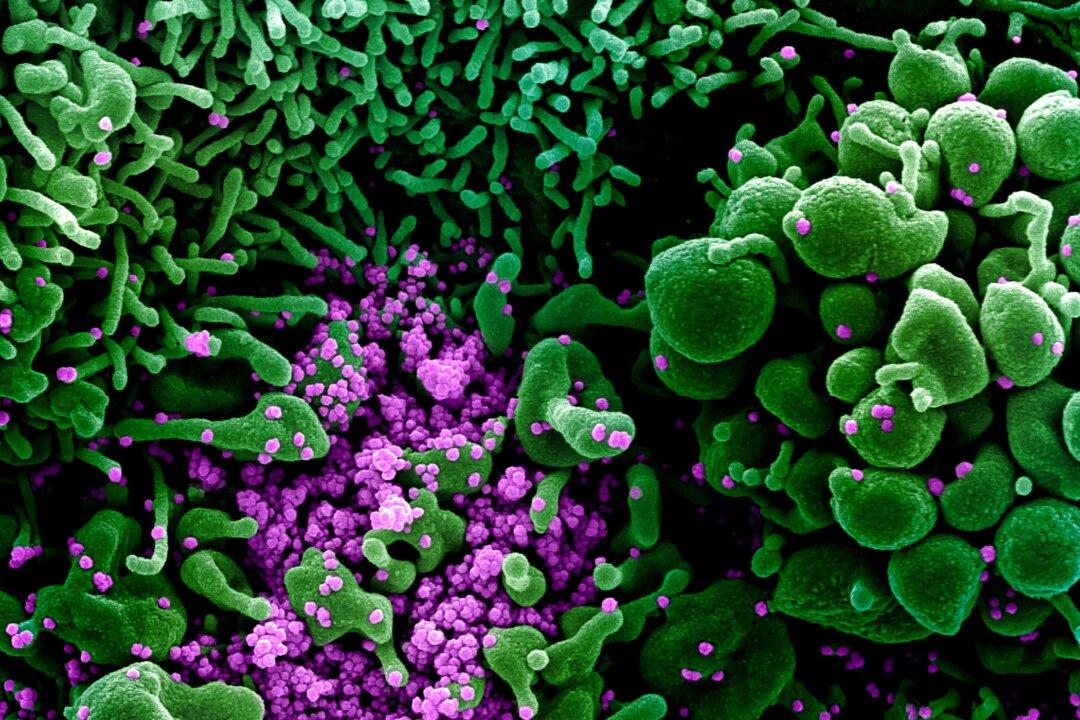Disease trackers are calling a choir practice in Washington State a “superspreader event” that underscores the highly contagious nature of the deadly bug that causes COVID-19.
After 61 people attended a 2.5-hour choir practice in Skagit County on March 10, there followed 32 confirmed and 20 probable infections of COVID-19, with three sufferers ending up in hospital and two dying, according to a report from Skagit County Public Health published Tuesday.





